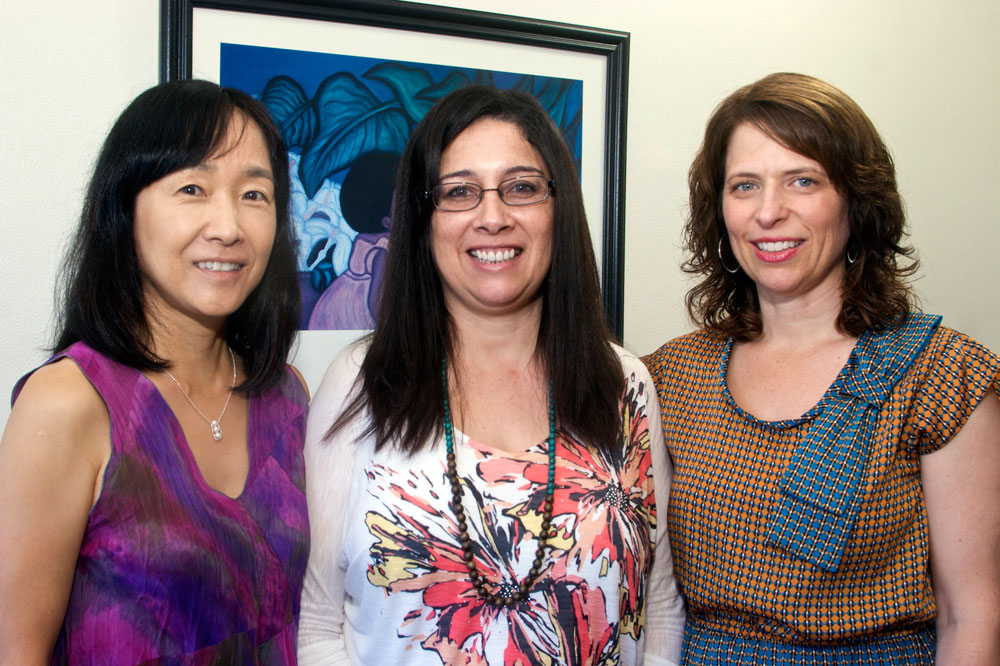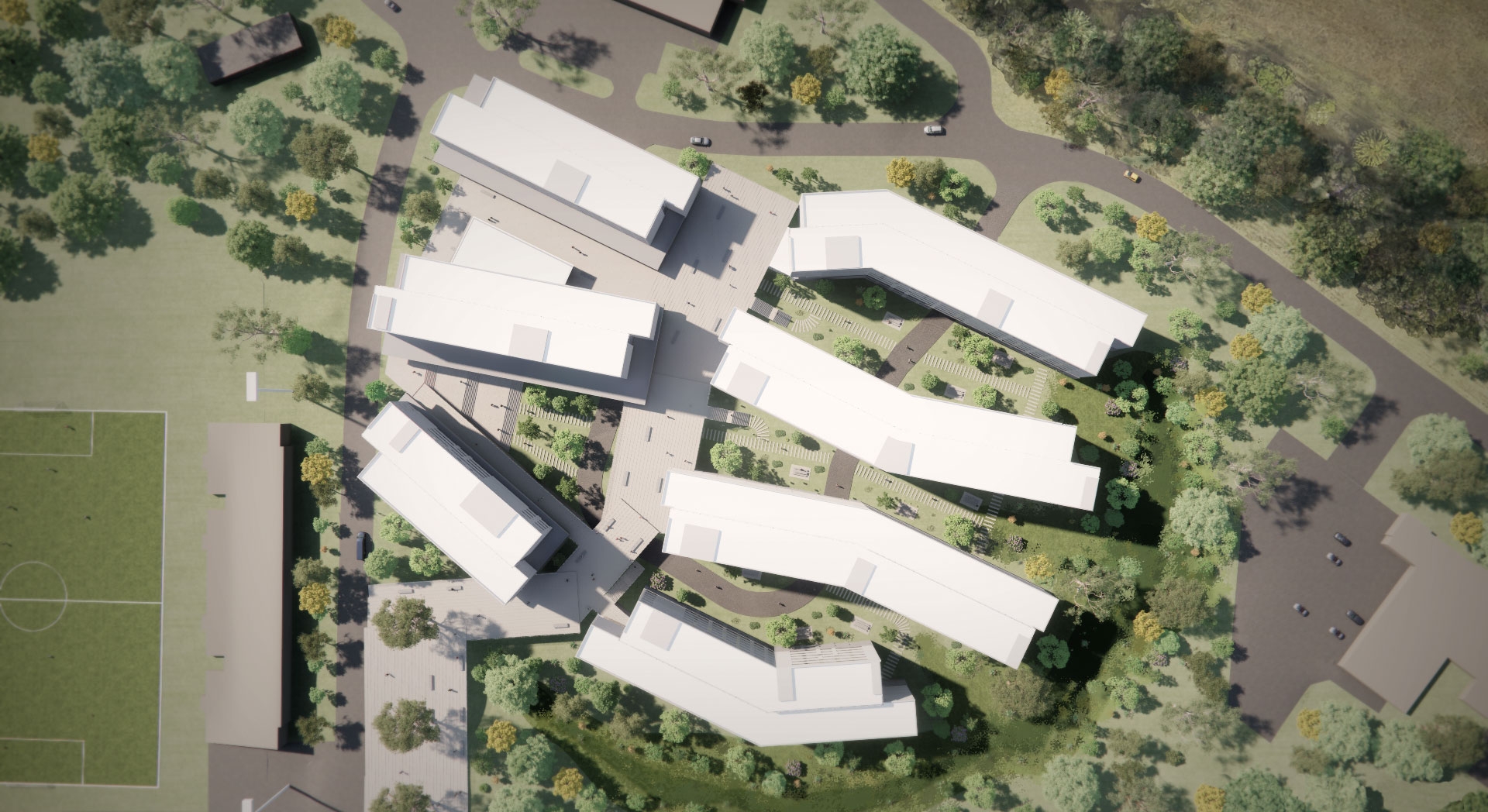
UCSB Researchers Receive $1.2M NIH Grant to Design and Implement Preschool Health and Biology Curriculum
Studies show that many low-income Latino children begin kindergarten at a significant educational disadvantage as compared to their mainstream American classmates. With a $1.2 million Science Education Partnership Award from the National Institutes of Health, researchers at UC Santa Barbara may help level the playing field, and give those preschoolers important lessons in health and biology.
The grant has been awarded to principal investigator Laura Romo, an associate professor in the department of education at UCSB and director of the campus's Chicano Studies Institute. Co-principal investigators on the project include Professor Yukari Okamoto, and Associate Professors Julie Bianchini and Jin Sook Lee. All three are faculty members in UCSB's Department of Education. The grant will support the design and implementation of a preschool biology curriculum for low-income Latino children to foster conceptual understanding of cold and flu prevention, as well as food and nutrition.
"When young children are told to wash their hands, adults tend to leave out the how and why," Romo explained. "Our curriculum will provide children with a rudimentary conceptual understanding of germ biology as a rationale. This type of information can help children remember what they should do to prevent illness and promote better hygiene. Similarly, a biological reason related to how food helps people grow or stay healthy may foster compliance with eating healthy things, such as vegetables."
In addition, the curriculum presents information in the context of scientific inquiry, which enriches the preschoolers' learning experiences by teaching them how to ask questions, generate explanations, and make predictions. "With the project, we're also trying to develop information-seeking and explanatory discourse skills so when the preschool children get to kindergarten, they're comparable to their peers," Romo said.
The project, which will continue over five years, is focused on English learners –– 4- and 5-year-old Latino children whose first language is Spanish. Romo and her team are working in collaboration with the Head Start program in Santa Barbara, as well as the Franklin Children's Center. Experienced preschool teachers at these sites will participate in developing and refining materials.
A secondary aim of the study is to identify what linguistic support is necessary for English learners to promote gains in academic language and understanding. At one time, it was commonly believed that academic content should be withheld until language proficiency was fully developed. However, current research suggests that the needs of English language learners are better met when English language skills and content are addressed simultaneously.
Designing early childhood education programs that enrich the educational experiences of Latino children from low-income backgrounds is vital, according to Romo. Participation in early learning experiences has been identified as one factor that promotes academic success for vulnerable children. Many state readiness standards now highlight preschool science as a key domain in the preparation of young children for the transition into formal schooling.
"Latino children with parents from immigrant backgrounds who tend to have low levels of formal education stand to benefit from exposure to a preschool curriculum that provides training in the kinds of skills that will help them succeed in kindergarten," Romo said.
She also described the project as a "great example of community-based research," in which the university's scholarly activities have a direct and positive impact on the community. "It combines the university's missions of research and public service," she said.
Related Links



